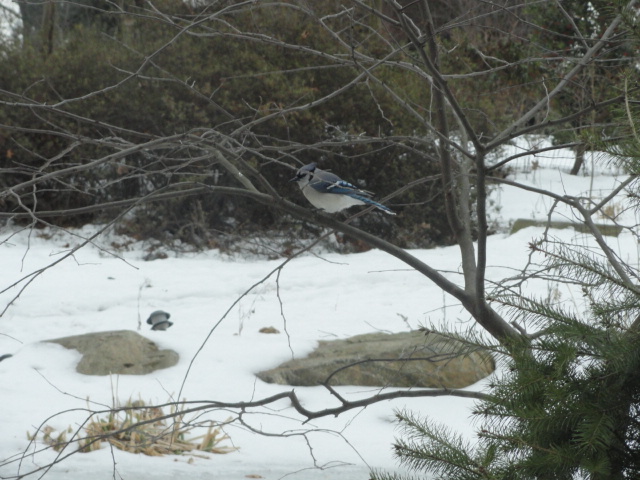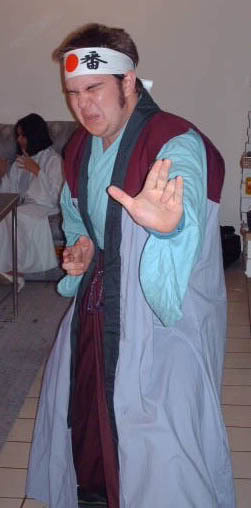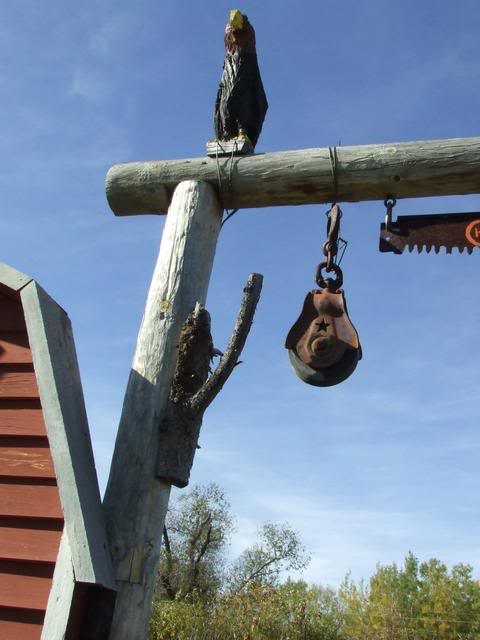
Maybe it’s not physical need, but intellectual need. Boredom is a desire for input that unschooling parents should welcome. It’s a child saying “How can I add excitement to my life?” This can be a big opportunity to introduce a new subject, activity, or thought-collection.
Maybe it’s an emotional need, and the parent’s undivided attention for a little while will solve the problem. A walk, some joking, a hug, inquiries about progress on the child’s projects or plans or friends might serve many purposes at once. If after a walk and a talk the child is not quite refreshed, you still had that time together, which made “I’m bored” a useful invitation to bonding.
Bored No More
photo by Sandra Dodd
__






